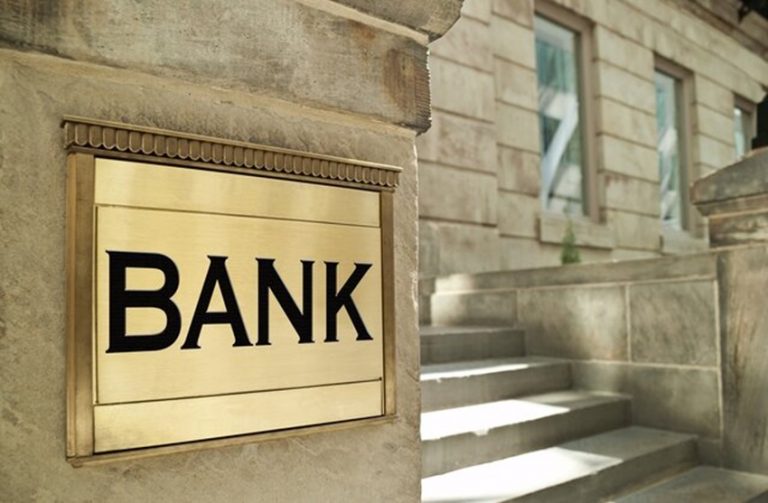Emirates NBD Takes 60% Stake in India’s RBL Bank at $3bn, Signaling Deepening Gulf Investment in Asia’s Financial Sector


Dubai’s largest lender, Emirates NBD, is making a bold push into India’s fast-growing financial sector with a $3 billion investment for a 60% stake in RBL Bank.
The deal, which marks the largest cross-border acquisition in India’s financial industry, points to the rising influence of Middle Eastern capital in Asian markets and the strengthening financial corridor between India and the Gulf.
According to a joint statement by both lenders, Emirates NBD will invest 268.53 billion Indian rupees ($3.05 billion) in RBL Bank through a preferential issue of shares. The move comes amid a flurry of cross-border deals in India’s banking industry, following Japan’s Sumitomo Mitsui Banking Corporation’s acquisition of up to 25% in Yes Bank earlier this year.
Register for Tekedia Mini-MBA edition 18 (Sep 15 – Dec 6, 2025): registration continues.
Tekedia AI in Business Masterclass opens registrations.
Join Tekedia Capital Syndicate and co-invest in great global startups.
Register for Tekedia AI Lab: From Technical Design to Deployment.
The acquisition extends the footprint of Emirates NDB beyond the Middle East into one of the world’s most dynamic banking markets, reflecting what both banks described as “confidence in India’s fast-growing financial sector and its strategic importance within the India-Middle East-Europe Economic Corridor.”
India’s financial sector, valued for its stability and growth potential, has attracted significant foreign investment in recent years. With rising credit demand, a booming digital banking ecosystem, and a growing middle class, India has become a key destination for foreign banks seeking long-term exposure to emerging markets.
RBL Bank, though smaller compared to India’s leading private lenders, has been on a steady recovery path since its management overhaul in 2021 following the resignation of former CEO Vishwavir Ahuja. The bank, which operates 562 branches across 28 Indian states and serves over 15 million customers, has seen its stock price surge by 90% in 2025 — a stark contrast to the 8% gain recorded by the benchmark Nifty 50 index during the same period.

As of March 2025, RBL Bank reported total assets of 1.46 trillion rupees ($16.61 billion), ranking it as the 13th largest among India’s 21 private banks. The infusion of new capital from Emirates NBD is expected to fortify the lender’s balance sheet, enhance its Tier-1 capital ratio, and provide long-term liquidity to support growth across retail and SME segments.
“The infusion will significantly strengthen RBL Bank’s balance sheet, enhance its Tier-1 capital ratio, and provide long-term growth capital,” the banks said in their joint release.
Regulatory Endorsement and Expansion Prospects
Under Indian law, foreign investment in private sector banks is capped at 74%, with any single foreign institution restricted to a 15% holding unless the Reserve Bank of India (RBI) grants an exemption. Reuters reported that the RBI has informally communicated its support for Emirates NBD’s proposal, paving the way for regulatory clearance.

As part of the acquisition, Emirates NBD will also make an open offer to retail shareholders to purchase additional shares at 280 rupees per share, in line with Indian takeover regulations requiring an acquirer of more than 25% to offer another 26% to public investors.
Following completion, Emirates NBD will be designated as the “promoter” of RBL Bank — a regulatory classification in India that grants significant influence over management and decision-making. The Dubai-based lender will gain the right to nominate directors to RBL’s board, subject to regulatory approvals.
Analysts say the acquisition could spark a wave of similar foreign investments in India’s mid-tier banking space.
“This will open up floodgates for more such investments into small- and mid-sized banks in the country,” said Anand Dama, head of financial sector research at Mumbai-based brokerage Emkay Global Capital Financial Services.
Deepening Financial Ties Along the India-Gulf Corridor
The deal also signals a growing financial convergence between India and the Gulf Cooperation Council (GCC) economies, especially as trade and investment relations deepen under the India-Middle East-Europe Economic Corridor (IMEC) initiative.
For Emirates NBD, which had total assets of $297 billion as of June 2025, the acquisition of RBL Bank represents both a strategic diversification and a geopolitical alignment with one of its most significant trade partners. The lender, majority-owned by the Dubai government, has been expanding aggressively in recent years — entering markets such as Egypt, Saudi Arabia, and Turkey, where it bought DenizBank in 2019.
The UAE banking sector as a whole has benefited from strong domestic liquidity, a high-interest-rate environment, and government-led diversification away from oil dependency. Banks like Emirates NBD and Abu Dhabi’s First Abu Dhabi Bank (FAB) have used their strong capital positions to pursue international growth, particularly in high-potential emerging markets.
It is believed that India offers a compelling mix of growth, stability, and digital transformation that aligns with Emirates NBD’s expansion strategy. Analysts say the Indian banking sector’s balance of regulation, digital innovation, and customer growth makes it a natural fit for large Middle Eastern banks seeking international exposure.
The acquisition comes at a time when India’s private banking sector is consolidating and modernizing, with mid-tier lenders seeking partnerships or capital infusions to stay competitive. The entry of Emirates NBD not only strengthens RBL’s capital base but also introduces fresh governance practices and cross-border expertise that could enhance operational efficiency.
For Indian regulators, the deal underscores the country’s growing appeal to sovereign-backed foreign investors seeking stable long-term returns outside traditional oil markets. It also provides a signal of confidence in India’s economic reforms and financial resilience amid global uncertainty.
In the long term, analysts believe the Emirates NBD-RBL partnership could pave the way for further regional financial integration between India and the Middle East — potentially leading to joint ventures in fintech, trade finance, and infrastructure funding.





